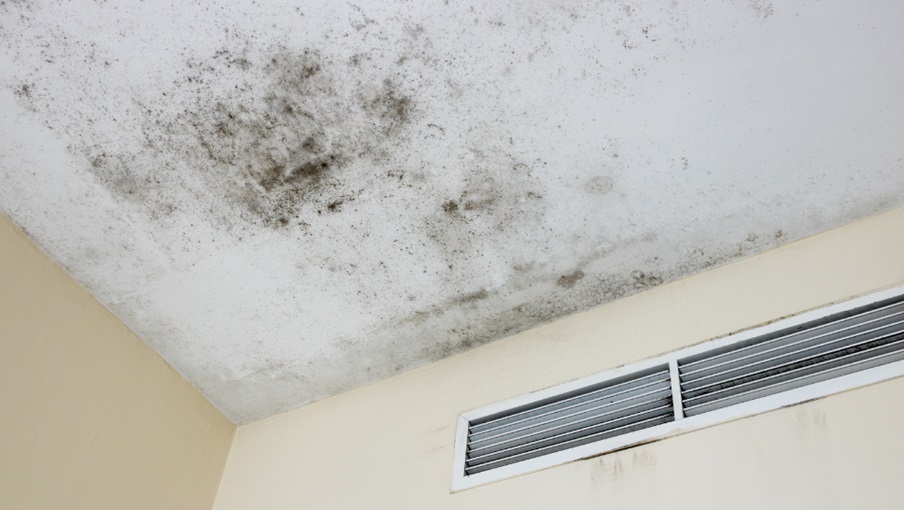Conducting a comprehensive background check on potential tenants is an essential step for landlords and property managers to ensure the safety and security of their rental property. It involves verifying the information provided by the tenant, assessing their financial stability, and checking for any criminal history or past rental issues. In this guide, we will discuss the steps involved in conducting a thorough background check on tenants.
Step 1: Establish Tenant Screening Criteria
Before beginning the background check process, it is crucial to establish specific tenant screening criteria. These criteria may vary depending on your location, type of property, and personal preferences. Some common criteria to consider include credit score, income level, rental history, and criminal record.
It is important to note that while it is legal to set criteria for potential tenants, they must comply with fair housing laws. These laws prohibit discrimination based on race, religion, gender, disability, familial status, and national origin. By seeking professional help for tenant screening in Florida, you can ensure that you are adhering to these laws.
Step 2: Obtain Written Consent
Before conducting a background check on a tenant, it is essential to obtain their written consent. This consent should be in the form of a signed authorization and release form, which gives you permission to access the personal information.
Step 3: Verify Identity and Contact Information
The first step in the actual background check process is verifying the tenant’s identity and contact information. This includes confirming their legal name, date of birth, social security number, and current address. It will also help for you to know the top questions to ask potential tenants during screening so you can gain a full understanding of who they are and how they will fit in your rental community.
Step 4: Check Credit History
A thorough credit check can provide insight into a potential tenant’s financial stability and responsibility. It is essential to review their credit score, payment history, outstanding debts, and any past bankruptcies or evictions.
Step 5: Verify Income and Employment
To ensure that the tenant can afford the rent, it is crucial to verify their income and employment status. This may include requesting pay stubs, tax returns or contacting their employer directly.
Step 6: Review Rental History
Contacting previous landlords is a vital step in conducting a background check on tenants. It can give you valuable information about their past rental experience, including any issues with payment or property damage.
Step 7: Conduct a Criminal Background Check
A criminal background check is crucial to ensure the safety and security of your rental property. It can reveal any past convictions or pending charges that may be red flags for potential issues in the future.
Step 8: Consider Additional Checks
In addition to the above steps, you may also want to consider other checks such as an eviction history report, sex offender registry search, or social media screening. These additional checks can provide more comprehensive information about a potential tenant.
By following these steps and conducting a thorough background check on potential tenants, you can make an informed decision and find reliable, responsible tenants for your rental property. Remember to always comply with fair housing laws and seek professional help if needed. So go out there and find the best tenants for your properties!



